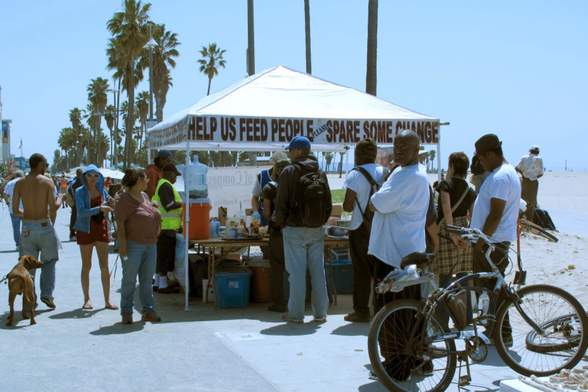William Howard van Doren, a Presbyterian minister, lingers over one detail in the Good Samaritan: he bound the wounds, likely tearing his own clothes. Love, van Doren says, repairs what sin destroys and asks not how little, but how much it can give.
Do we calculate the minimum, judging who deserves help? How will you restore what sin has ruined?
#christian #goodsamaritan #love







